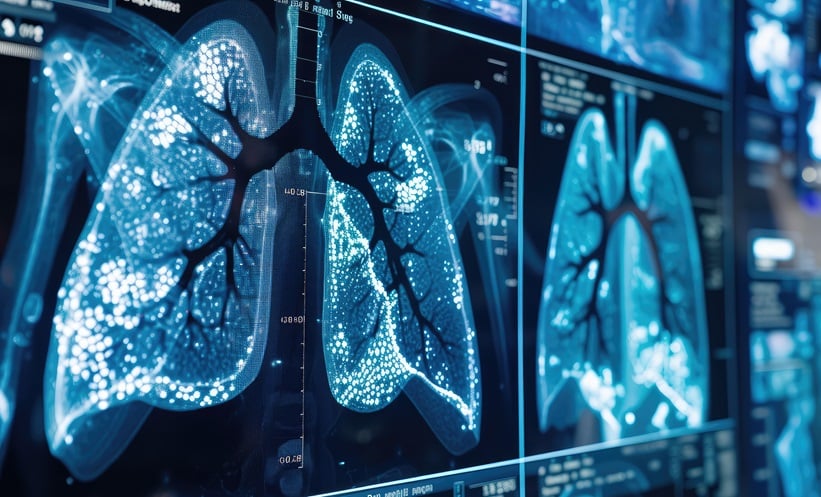BACKGROUND
The Mental Health Commission of Canada reports healthcare workers are 1.5 times more likely to be absent from work than other sectors, with mental illness being the leading cause of disability.1-3 Today’s healthcare worker faces many occupational hazards, including, but not limited to, shift-work and workplace violence. Furthermore, staying current in a rapidly changing practice environment adds additional stress.3 A Canadian survey examining mental health of medical radiation technologists (MRT) found 57.0% feel moderate to high levels of emotional exhaustion at work, 15.0% reported high levels of depersonalisation, and 55.4% reported having too much work to be able to complete it to a satisfactory standard.4
MRT engage with patients from diagnosis through to treatment, providing care in a variety of circumstances including trauma cases, emergency, and operating rooms; providing daily oncology treatments; imaging patients with chronic illnesses over multiple years; and providing forensic imaging. MRT bear the burden of knowledge, often being the first to witness a pathology or condition, while maintaining a caring and compassionate, yet professional, composure with patients. These circumstances shape MRT practitioners, contributing to the emotional burden experienced.
METHODS
Recently, professional development for MRT has focussed on technological advancements like artificial intelligence, deep learning, or hybrid imaging. Recognising the need for mental health education, the Atlantic MRT Accord piloted a full-day conference with the aim of addressing the gap in mental health learning opportunities. Sessions on organisational change, post-traumatic stress disorder, burnout, vicarious trauma, compassion fatigue, and self-care were provided. A technologist story telling panel and mindfulness-based stress reduction session provided opportunity for deeper engagement. A post-conference survey assessed changes in attitudes and beliefs consequential to the conference. They survey assessed perceptions about mental health leave, stigma, and possible changes in perception of one’s own mental health or that of colleagues.
RESULTS
MRT who report regularly considering the mental health of their colleagues increased by 17% following the conference. The number of respondents reporting being somewhat to very familiar with mental health concepts increased by 15%. Additionally, 95.0% of respondents reported designated mental health days were important for best work performance; however, only 13.9% of respondents reported satisfaction with availability of support to take them. This coincides with national data, indicating 56.4% of MRT do not have, or are unsure of, stress management support at work.4 Furthermore, 90% of respondents indicated reporting to work in spite of needing to take a mental health day. Further showing the effect stigma has in the MRT community, 37% of respondents recall reporting unrelated physical symptoms when requiring a mental health day as a means of justification. While many Canadian healthcare organisations have signed a declaration of commitment to psychological health and safety in healthcare, protected mental health days are not the current practice. This evidence suggests that stigma is active within the MRT community, preventing MRT from taking the time needed to deal with, and heal from, the emotional burden that comes with this profession.
CONCLUSION
Future research aimed at providing broader perspective on the mental health of MRT and the impact of work-related stressors on their practice and wellbeing is warranted. Such information is essential to the development of programmes that support self-care. These actions will shape the evolution of
compassionate practice, not only for patients, but for healthcare practitioners themselves and towards their colleagues.








